Immigration Legal Services Internship
In the summer of 2024, The Legal Clinic (TLC) will be offering a limited number of paid internships to individuals expressing interest in serving the immigrant community and exploring immigration law practice. TLCʻs legal team will supervise and mentor interns, through hands-on legal experience and training in the intersection of criminal and immigration law. These part-time positions typically involve 15-20 hours per week over a 5-6 week period between June and August, with flexible start and end dates that can be adjusted based on the intern’s availability.
TASKS MAY INCLUDE:
Conducting initial client screening by telephone
Interviewing first time clients in-person and gathering relevant information for case submission
Consulting with staff attorneys and researching case law to determine case strategy
Assisting clients and staff in preparing documents or forms for immigration applications
Handling data entry and taking notes; writing reports
Translating and/or interpreting, if applicable
Contacting various law enforcement, congressional offices, and
immigration agencies in the course of client representation
Client cases involve naturalization, family petitions, consular processing, asylum, refugee/asylee adjustments, Special Immigrant Juvenile Status, U-visa for crime victims, DACA, bond motions for detained immigrants, and representation in removal proceedings, along with advice and counseling.
TLC is a small, collegial, fast‐paced office offering a real‐world opportunity for interns/externs looking to gain expertise in immigration law, work one‐on‐one with clients, and work in a collaborative environment. Applicants should be motivated, detail‐oriented, able to work independently and have a passion for immigration law or immigrant justice.
TO APPLY: Please send a cover letter and resume to connect@tlchawaii.org & complete our volunteer application form here.
The Legal Clinic is an equal opportunity employer and does not discriminate on the basis of race, color, national origin, ethnic background, religion, gender, sexual orientation, age, or disability.

